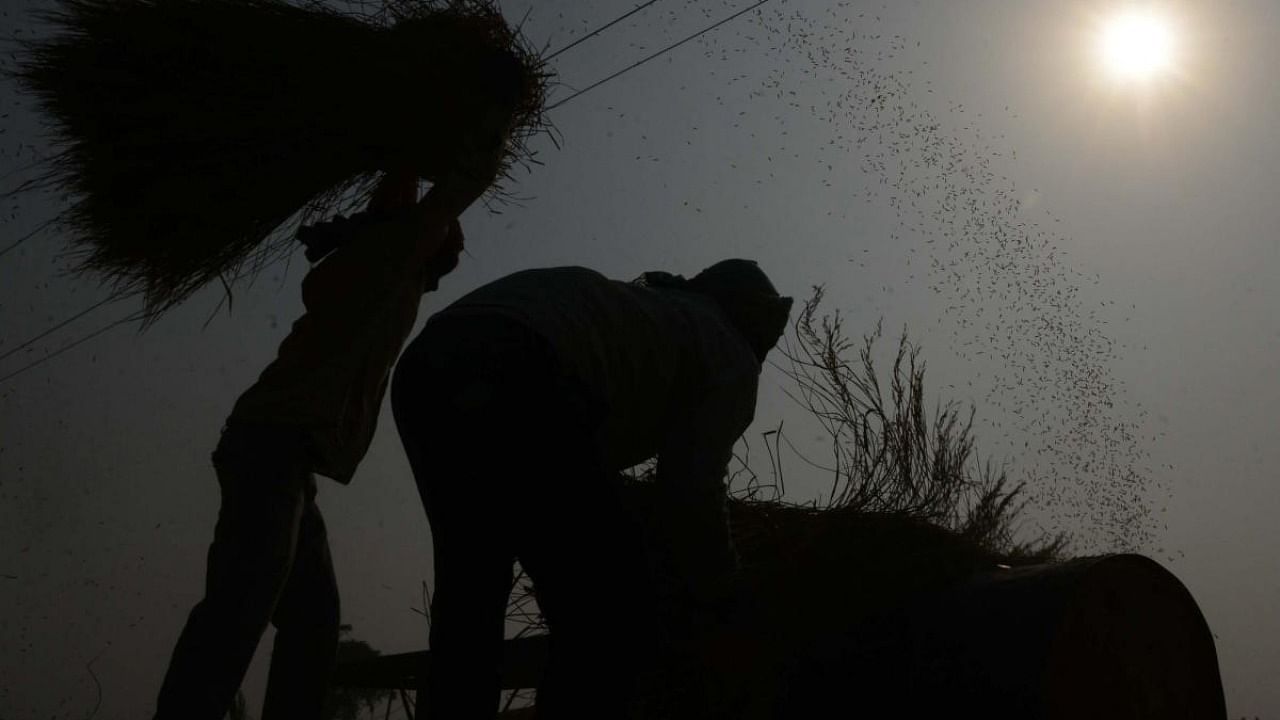
Till 2011, organic farming in Madhya Pradesh was confined to experimental projects by a few enthusiastic farmers, who found it difficult to sell their produce.
Later, the Organic Farming Policy by the state government spurred growth in the sector, and Madhya Pradesh now has the largest area in the country under organic cultivation.
With 7.5 lakh hectares, the state accounts for over 27% of the country’s total area under organic cultivation, according to a report from the Centre for Science and Environment (CSE) released in July this year.
Of the 51 districts in the state, 16 have been included under the state government’s certified organic farming scheme. Organic farming has been adopted in over 1,800 villages across the state.
The government has also selected eight farms for production of organic seeds.
Separate arrangement in selected agriculture procurement centres has boosted sales of organic produce, encouraging more farmers to opt for farming sans the use of chemical fertilisers, said an official in the agriculture department.
Farmers in Vidisha, Sagar and Sehore districts are growing organic wheat (Sharbati variety). The area under organic cotton cultivation in Khargone and Khandwa districts of Nimar region has also expanded over the years. Demand for organic Basmati rice has boosted the yield in Raisen, Bhopal, Jabalpur, Mandla and Balaghat districts.
A recent study by the Associated Chambers of Commerce and Industry of India has estimated the potential of export of organic products in the state to be worth Rs 600 crore in the next five years.